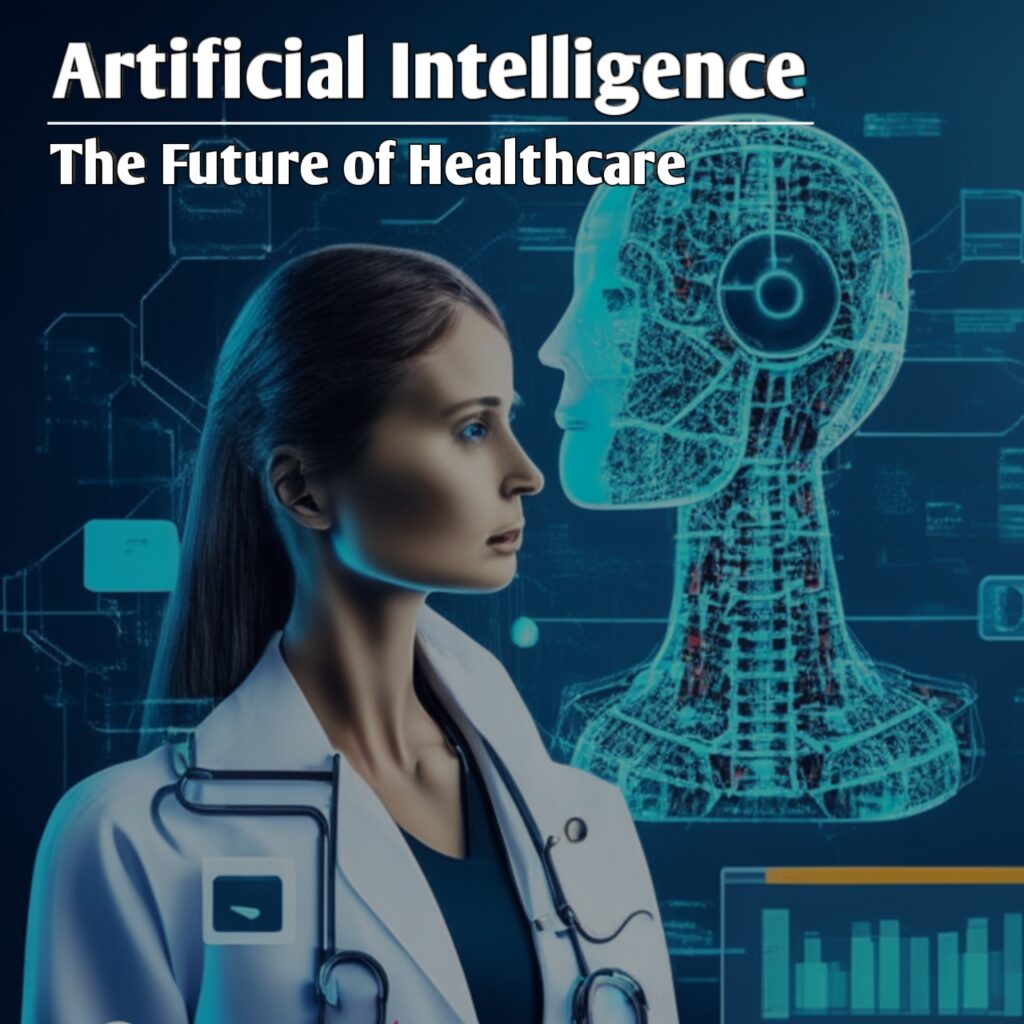
Artificial intelligence will be quickly implemented in the healthcare industry because to the complexity and growth of the data there. Payers, providers, and life science businesses already use a variety of AI technologies. Applications can be divided into three basic categories: administrative tasks, patient engagement and adherence, and recommendations for diagnosis and treatment. However, there are numerous instances where Artificial Intelligence is better than humans at carrying out tasks. Only a small portion of the possibilities are shown here.
1- Artificial Intelligence is transforming healthcare by improving processes and enhancing patient outcomes
Artificial Intelligence is bringing a revolution in healthcare by making significant improvements in processes and enhancing patient outcomes. Through its advanced algorithms and data analysis capabilities. AI organizes administrative tasks such as scheduling appointments and managing electronic health records. It relieving healthcare professionals of burdens and enhancing efficiency. Additionally, AI powered diagnostic tools can analyze complex medical images and patient data, enabling accurate and timely diagnoses.
2- Artificial Intelligence analyzes medical data for accurate diagnoses and personalized treatment plans
Artificial Intelligence plays a pivotal role in healthcare by analyzing vast amounts of medical data to provide accurate diagnoses and personalized treatment plans. AI processes and interprets complex medical images, laboratory results, patient records, and genetic information by utilizing advanced algorithms and machine learning techniques. This enables healthcare professionals to make more precise, identifying patterns and correlations that may go unnoticed by human analysis alone.
3- Artificial Intelligence powered virtual assistants provide 24/7 support and guidance for patients
Artificial Intelligence is revolutionizing patient support and guidance by providing round-the-clock assistance through powered virtual assistants. These virtual assistants can answer patient queries, provide basic healthcare information, and offer personalized recommendations. Patients can access these virtual assistants through various platforms, including mobile apps and voice-enabled devices. Making it convenient and easily accessible.
4- Machine learning predicts disease progression and identifies high-risk patients
By enabling the prediction of disease development and the identification of high-risk individuals, machine learning is bringing about changes in the healthcare industry. Machine learning algorithms can find patterns and associations that can suggest the risk of illness progression. This enables medical practitioners to actively intervene and provide high-risk patients with early interventions, leading to better treatment. It helps provide initial therapies for high-risk patients, which ultimately improves the course of treatment.

